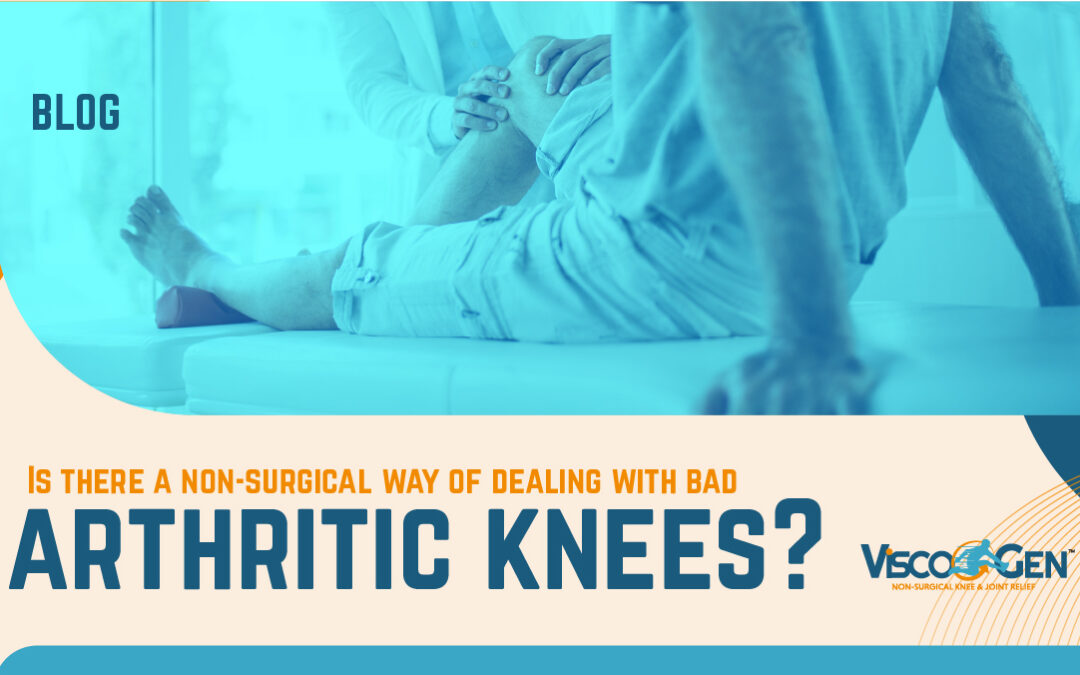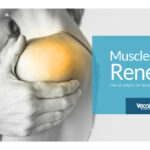If you’re currently struggling with arthritic knee pain, you undoubtedly already know that this condition has the potential to severely limit your quality of life. However, it’s important to keep in mind that there are non-surgical strategies available designed to manage pain, promote mobility, and slow arthritis progression. Used correctly, a combination of these strategies can help you regain control of your life and participate in activities you enjoy.
Non-surgical alternatives to managing arthritic knee pain include:
- Physical Therapy: A physical therapist can design a customized exercise program designed to strengthen the muscles around your knee and improve flexibility.
- Weight Management: Losing excess weight that puts a strain on knee joints can significantly reduce pain and slow the progression of arthritis. Assistive devices like canes, crutches, knee braces, and orthopedic footwear can mitigate arthritic knee pain.
- Lifestyle Modification: Low-impact exercise such as swimming, walking, and tai chi in your daily routine can help maintain joint flexibility and muscle strength.
However, these measures are often not enough, but that doesn’t mean that surgery is your only option. At the forefront of non-invasive, state-of-the-art treatment options is a treatment known as regenerative therapy. Here’s what you need to know about it:
What is Regenerative Therapy Medicine?
Regenerative therapy is a treatment approach that utilizes the body’s natural healing mechanisms to repair damaged tissues and slow or even reverse the progression of arthritis. Microscopic vesicles known as exosomes play a key role in regenerative therapy because their natural function is cell-to-cell communication. This allows them to carry and deliver regenerative signals from stem cells to damaged tissues, including those of arthritic knees.
By modulating the local environment within the knee joint, exosomes can reduce inflammation, protect the cartilage from further damage, and promote tissue repair. Additionally, they may carry signals that promote the regeneration of new cartilage and other tissues. At this point, the most common types of regenerative therapy for knee arthritis include platelet-rich plasma (PRP) injections and stem cell therapy.
In PRP therapy, a concentration of the patient’s own platelets are injected directly into the knee area, where they then release growth factors that promote tissue repair and decrease inflammation. Stem cell therapy, on the other hand, uses the patient’s own stem cells or those from a donor.
Contact ViscoGen® for More Information on Regenerative Medicine in Orlando
Learn more about regenerative treatments by contacting ViscoGen® at (407) 809-8967 or fill out the convenient online contact form today to schedule an appointment. Our proprietary knee pain program has been providing residents of Orlando and surrounding communities with non-surgical pain relief solutions for years — including those who thought their only option was knee replacement surgery.




